The first investigation had been conducted in February 2013, with subsequent ones taking place almost yearly. The most recent—the 17th—was conducted online in January and February this year among about 5,000 men and women in their 20s through 60s living in the affected areas (Iwate, Miyagi, Fukushima, and Ibaraki Prefectures), as well as in the primary destinations for products from those areas (Saitama, Chiba, Tokyo, Kanagawa, Aichi, Osaka and Hyogo Prefectures).
Asked why they were concerned about place of origin when they do their daily shopping, 9.3% of the respondents said that they wanted food to be free of any radioactive materials. That figure was lower than the 10.5% in the previous investigation, and the lowest to date.
Similarly, when asked which areas they were most reluctant to buy products from, the percentage of respondents fell for each area as compared with the previous investigation, as follows: 4.9% for products from Fukushima Prefecture, 3.4% for the Tohoku region (primarily the affected areas), 1.3% for the entire Tohoku region, and 1.1% for the North Kanto region―each a new low.
Meanwhile, 61.5% of all the respondents said that they had been unaware that foods were being checked for radioactivity. That level has been consistent over the past four years, after skyrocketing once in 2020.
When asked what must be done to prevent reputational damage caused by unfounded fears and rumors (multiple responses allowed), the highest number of respondents—45.9%—suggested issuing information on the safety of each food product, followed by 30.6% mentioning the need for scientific explanations regarding radioactive materials in food, 29.7% suggesting publicizing information on places of origin and selling points for each food product, and 26.7% citing the dissemination of information domestically and internationally, saying that Japan implements stricter safety measures than many other countries.
On the other hand, 18.7% said that nothing would make people feel more assured no matter what was being done―up 3.9 points from the 14.8% in the previous investigation.
The Consumer Affairs Agency, together with the Food Safety Commission of Japan and the Ministry of Health, Labour and Welfare, has continually staged symposia on food risk communication in municipalities around the country to improve understanding and promote dialogue, inviting producer, distributor, and consumer organizations. However, there is a growing awareness that reputational damage is being normalized.
Based on the results of the most recent investigation, the Consumer Affairs Agency will continue to disseminate information through meetings to exchange opinions and views, as well as producing multi-language pamphlets and so forth, in coordination with related ministries, agencies and local municipalities.





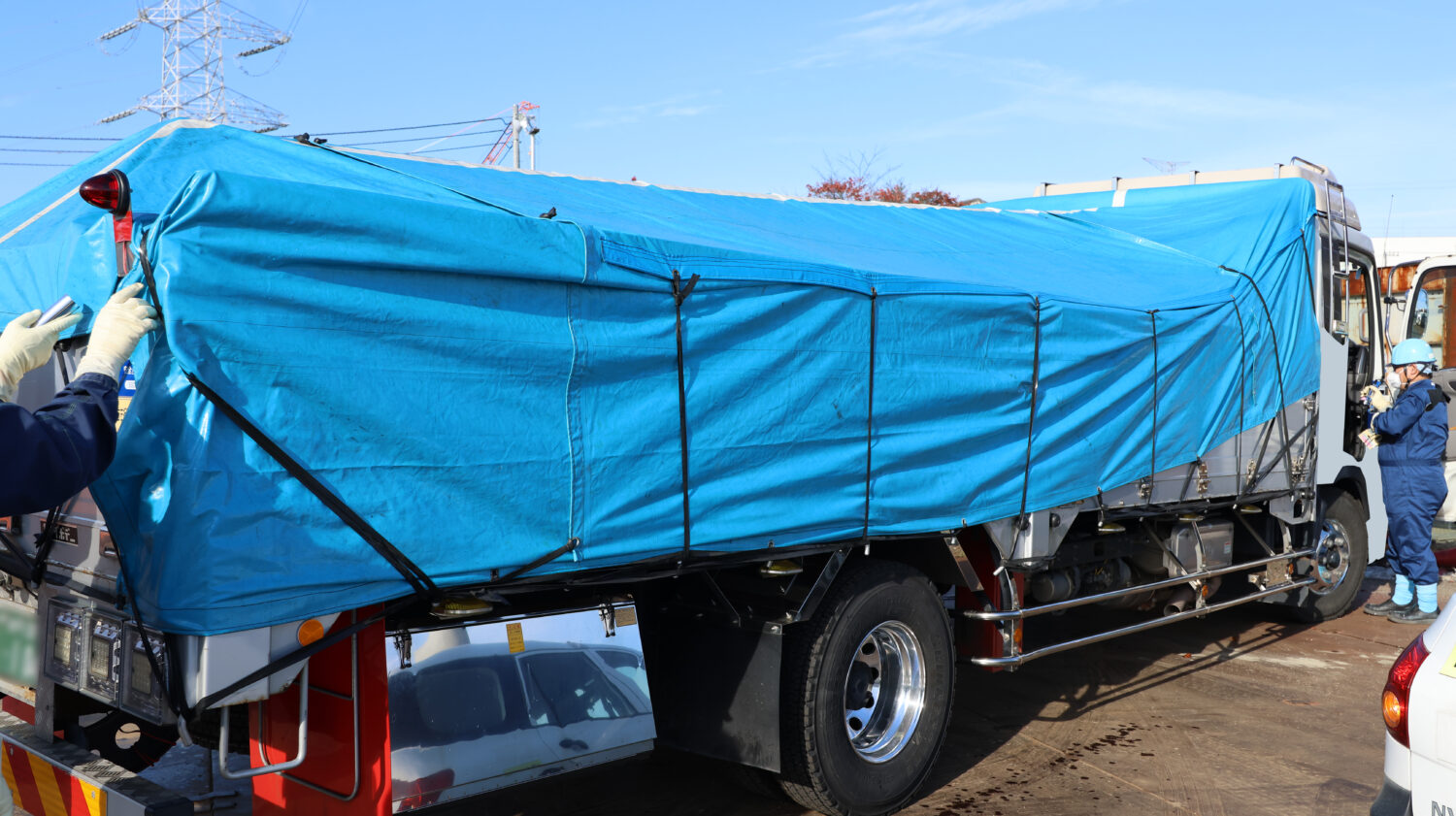
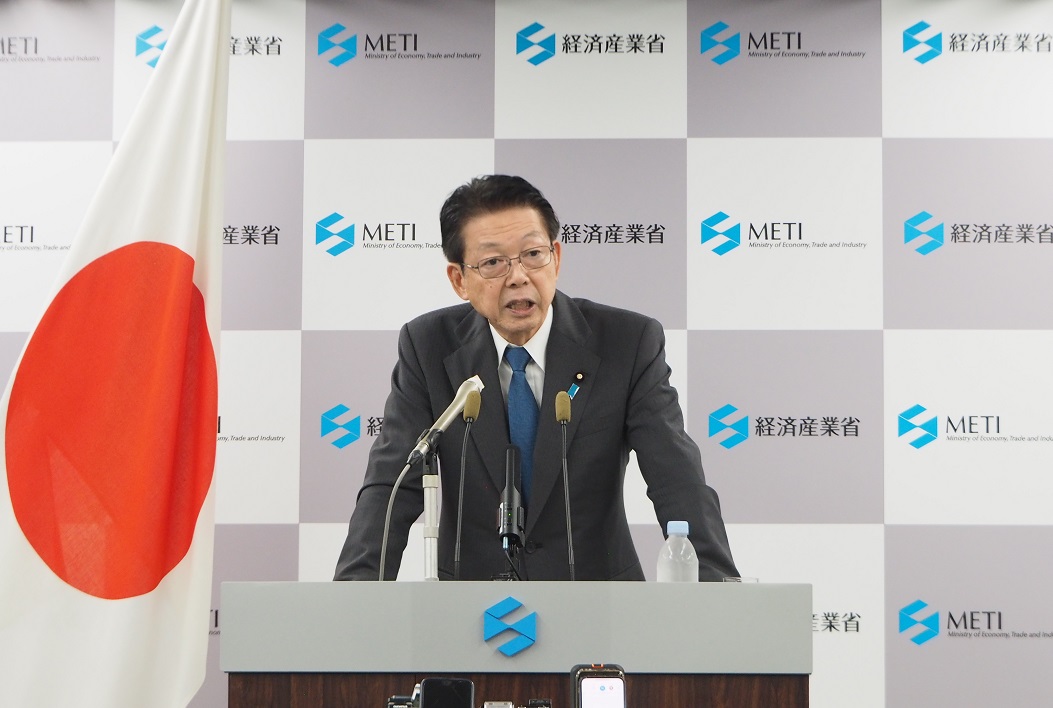
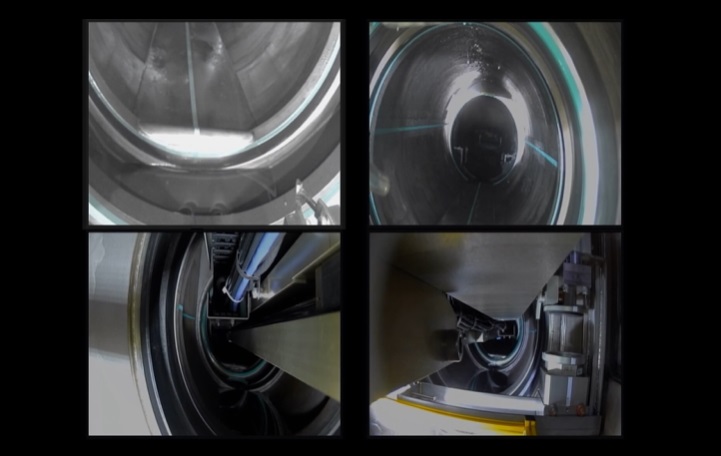
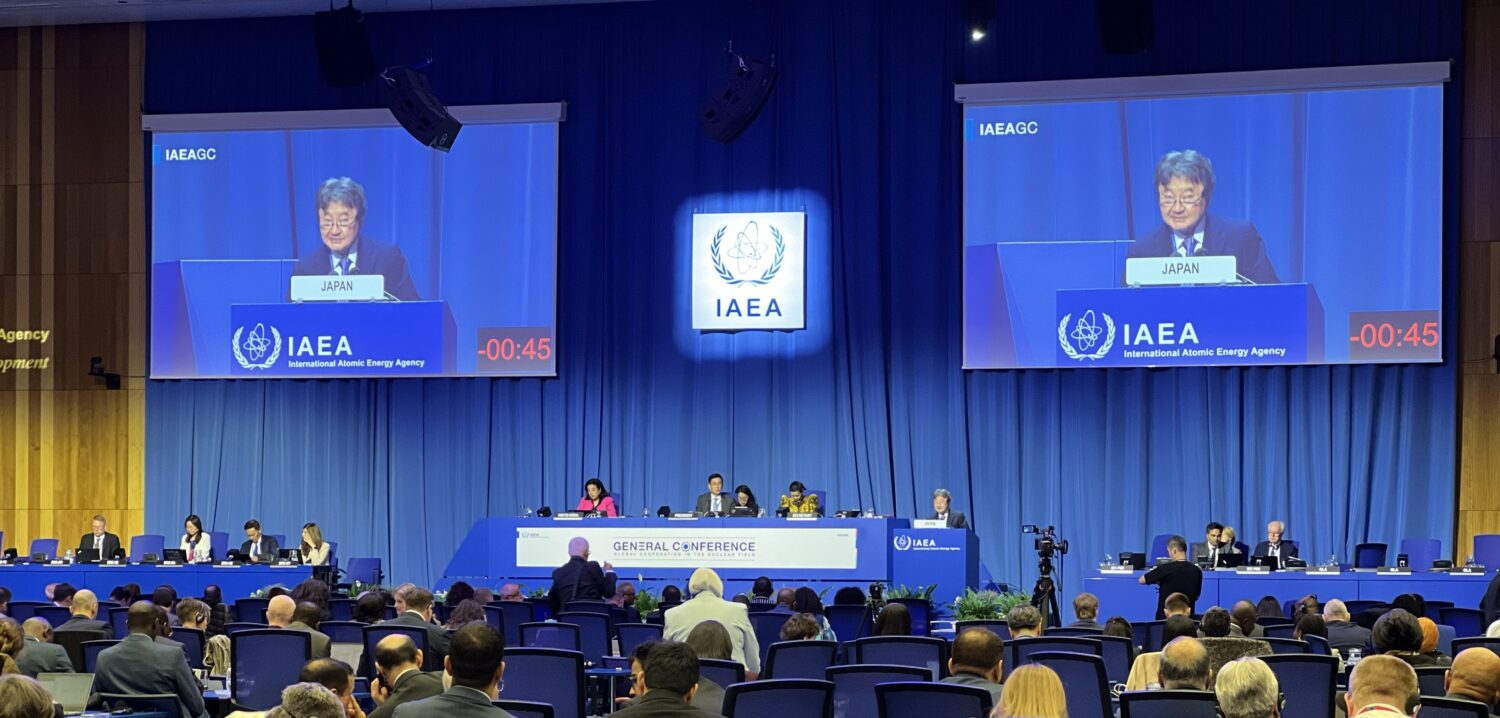
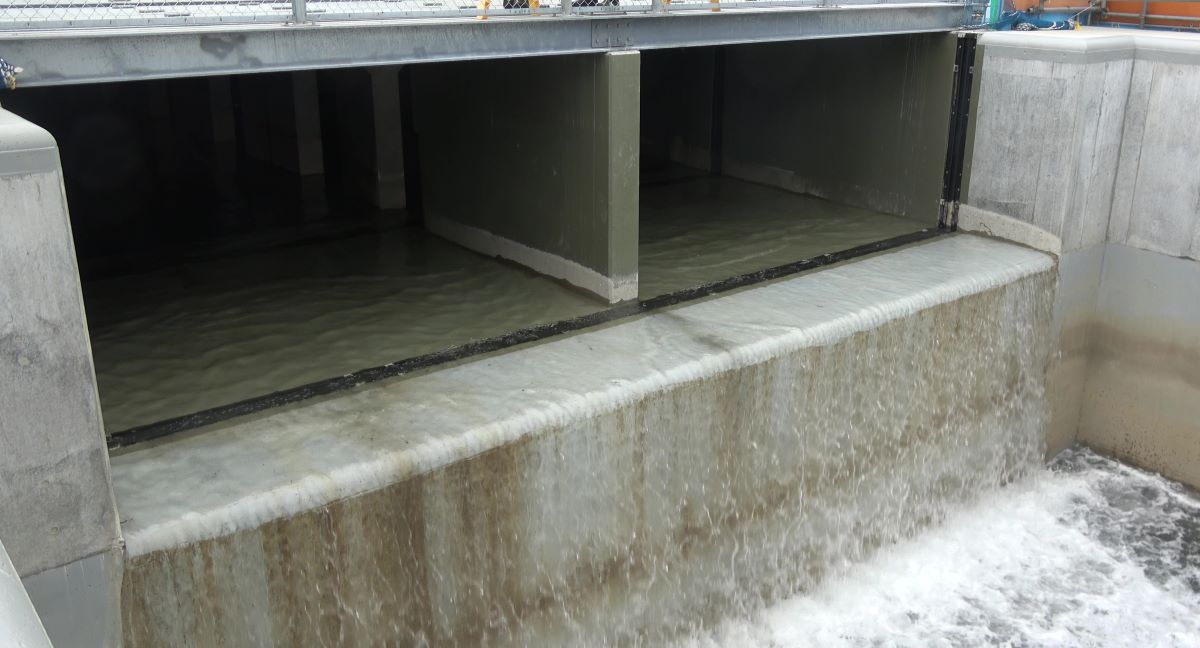
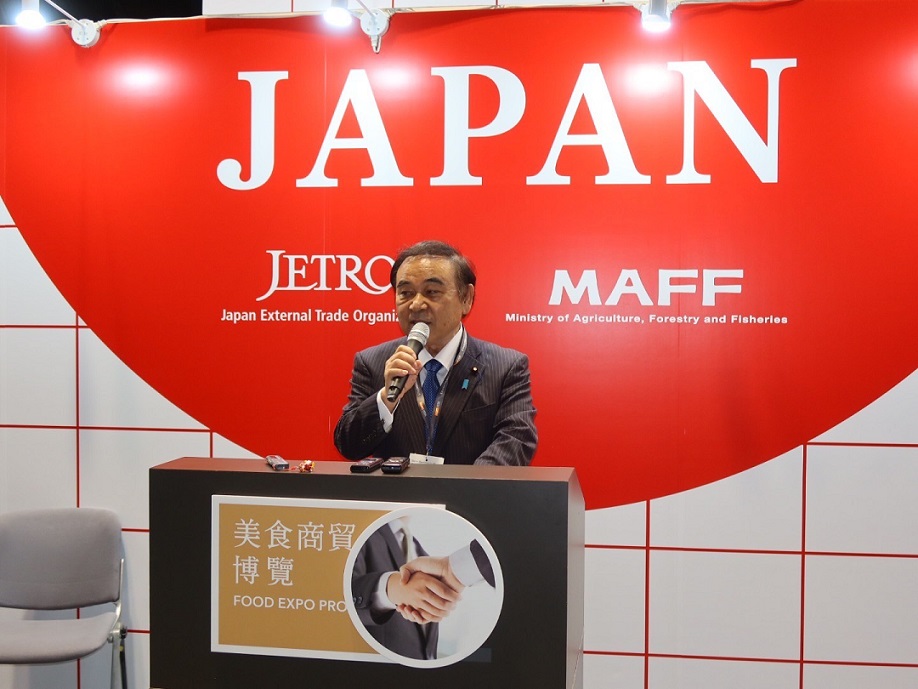
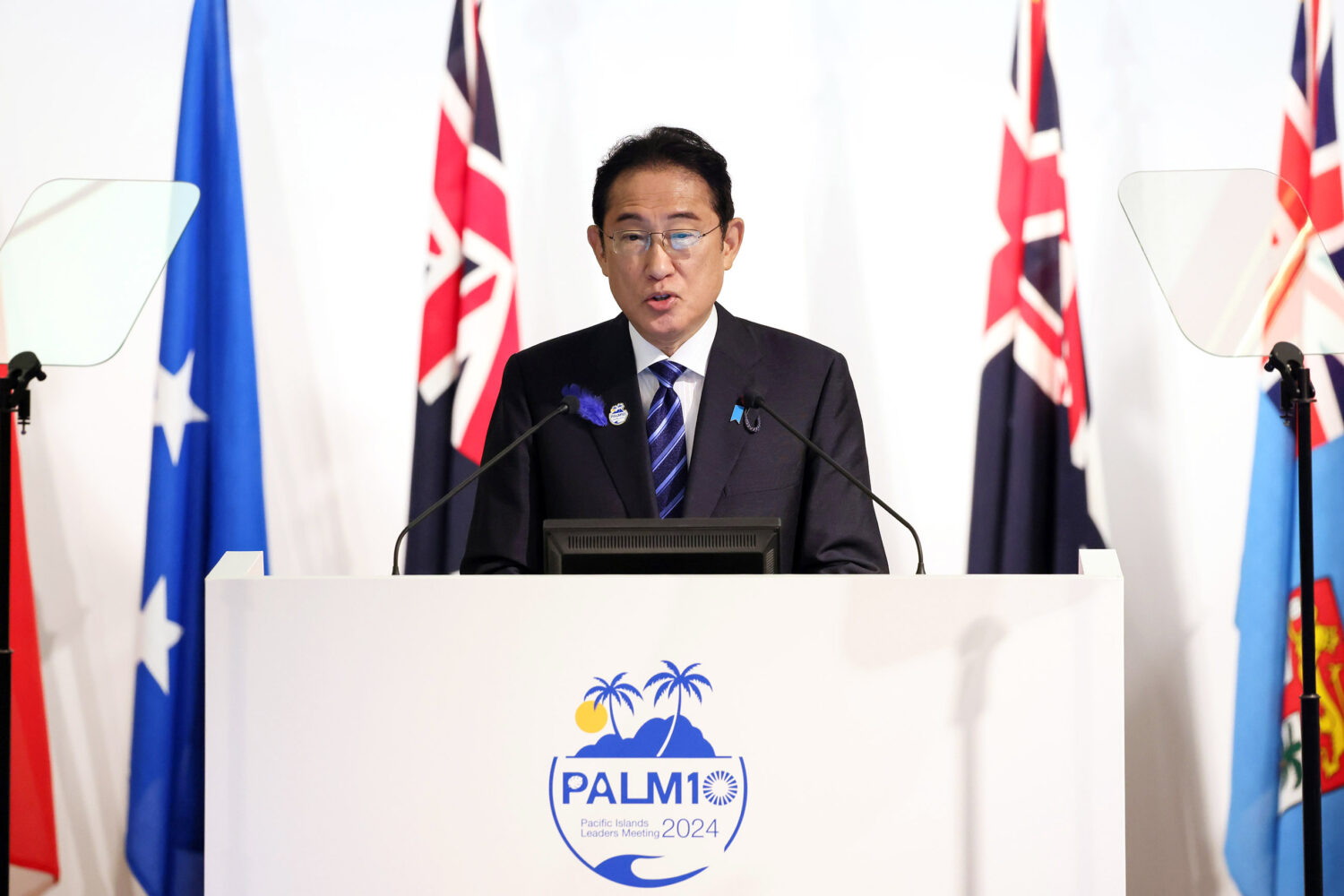
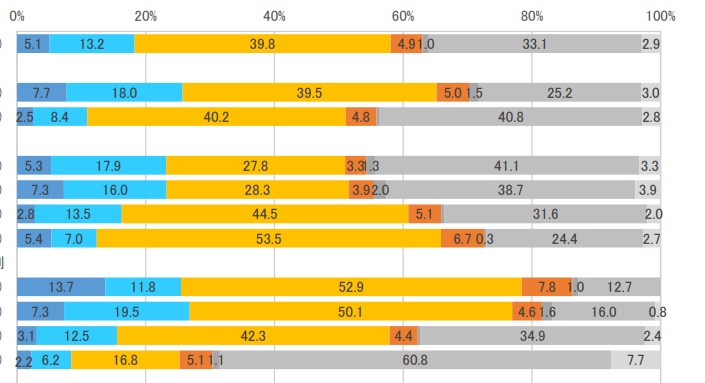
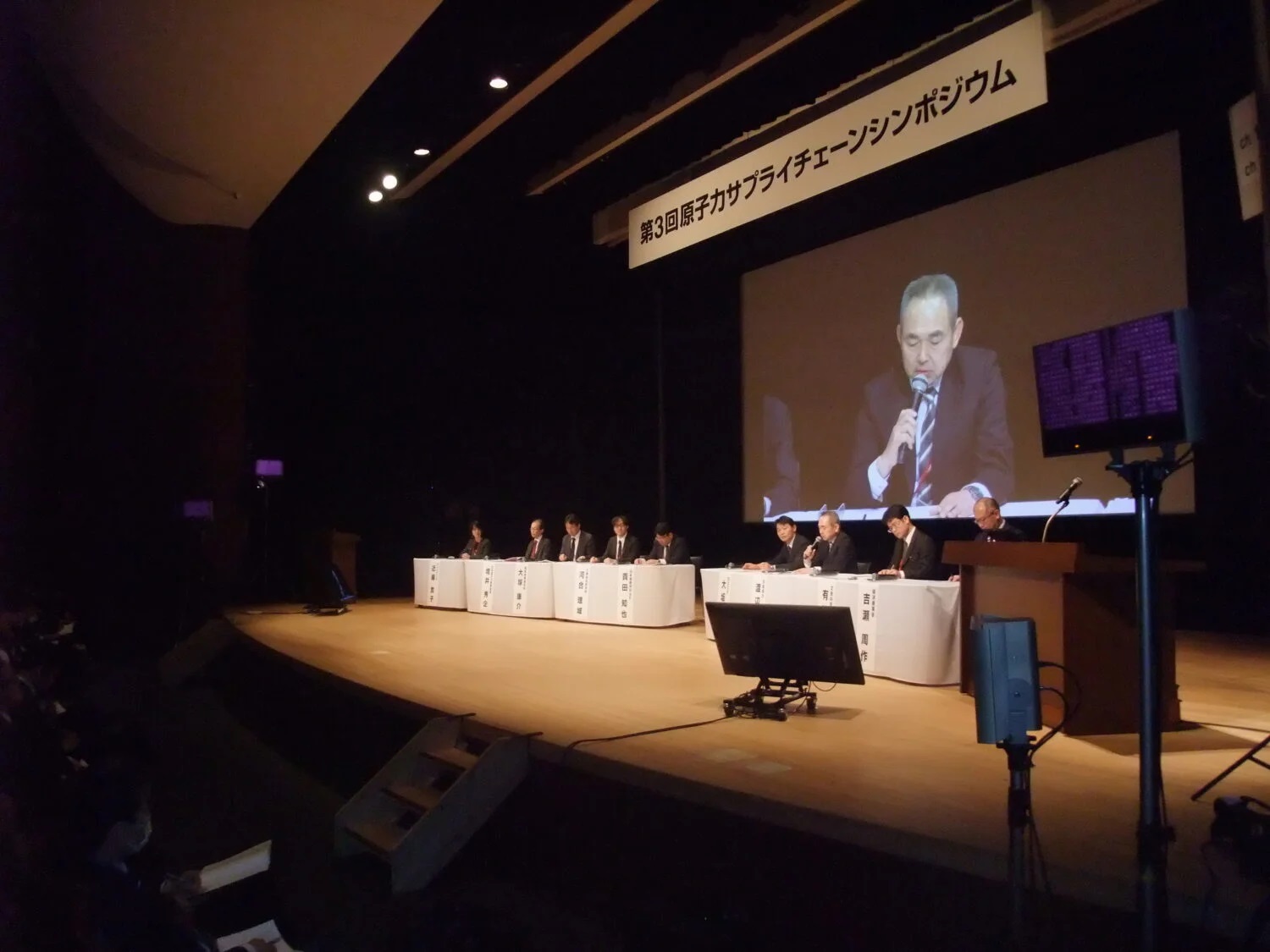
-1.png)
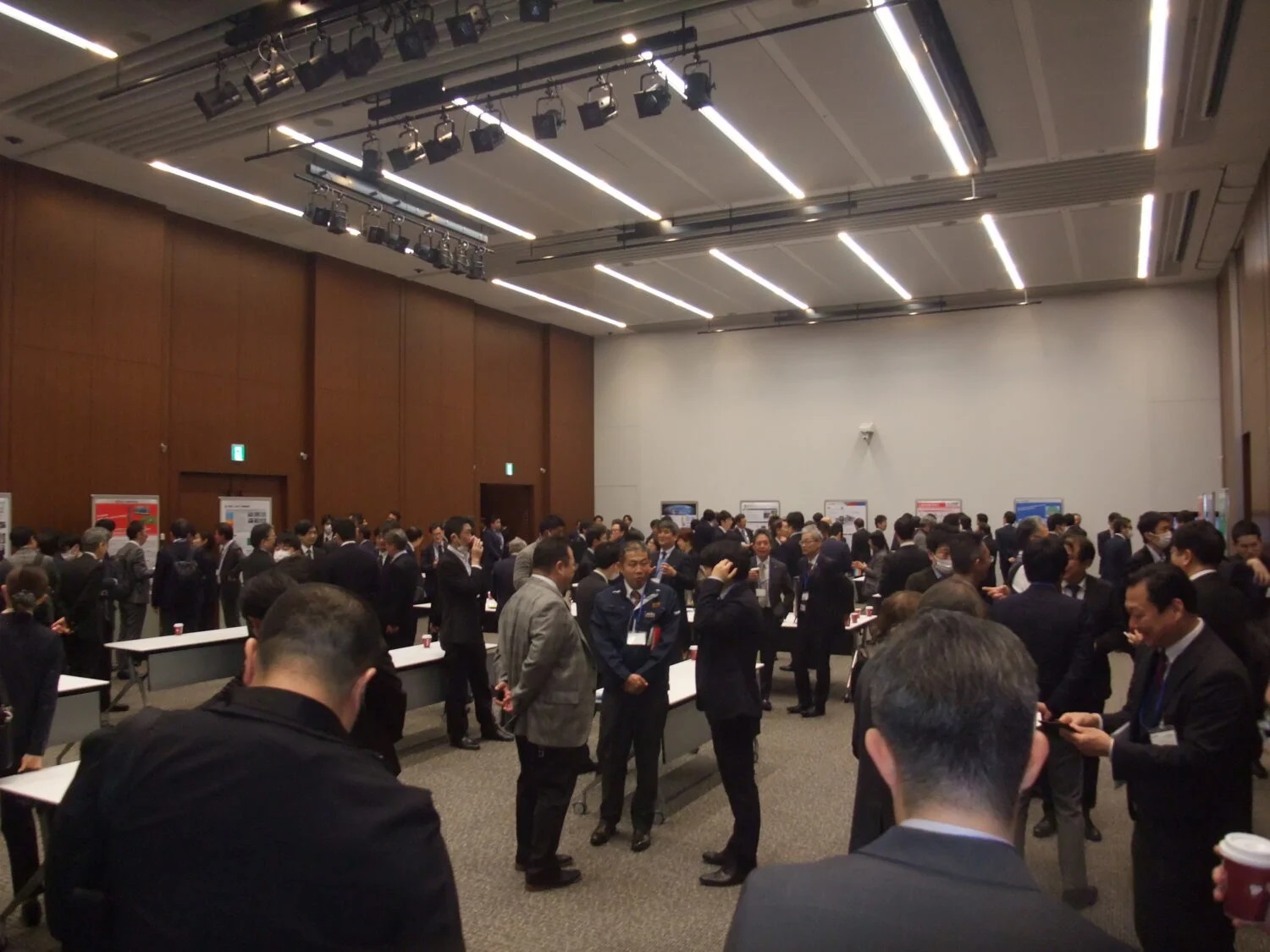


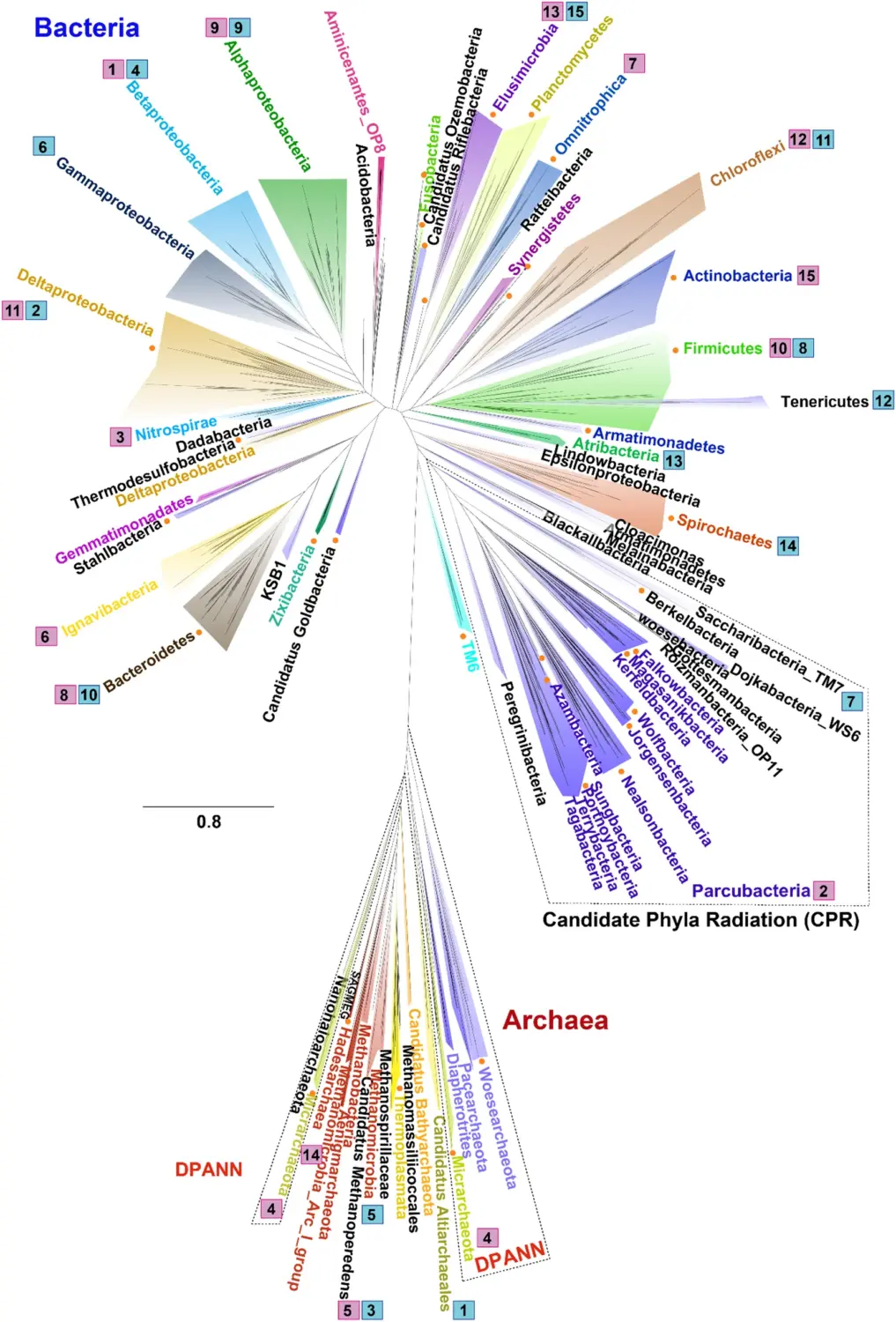
.jpg)
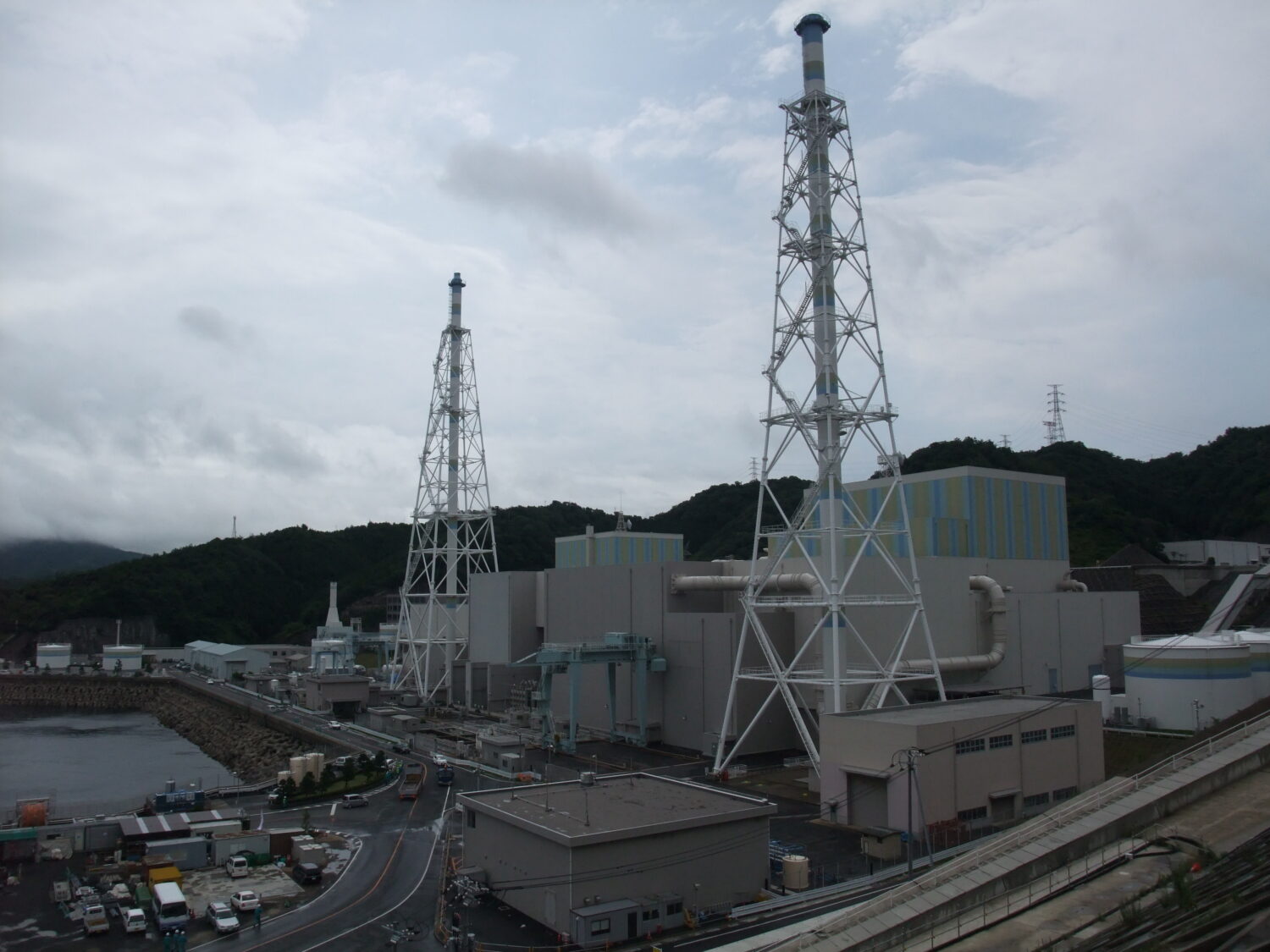
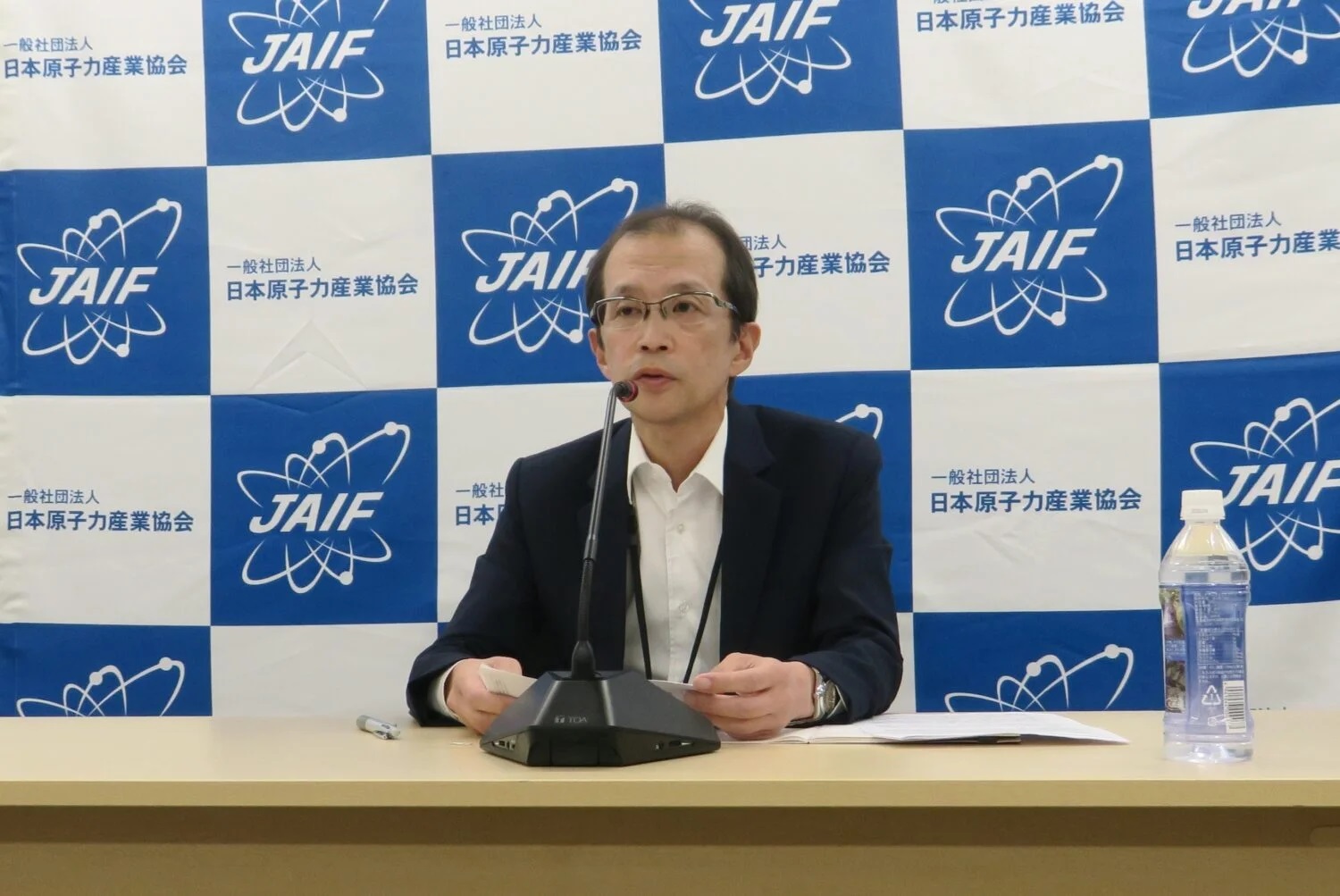

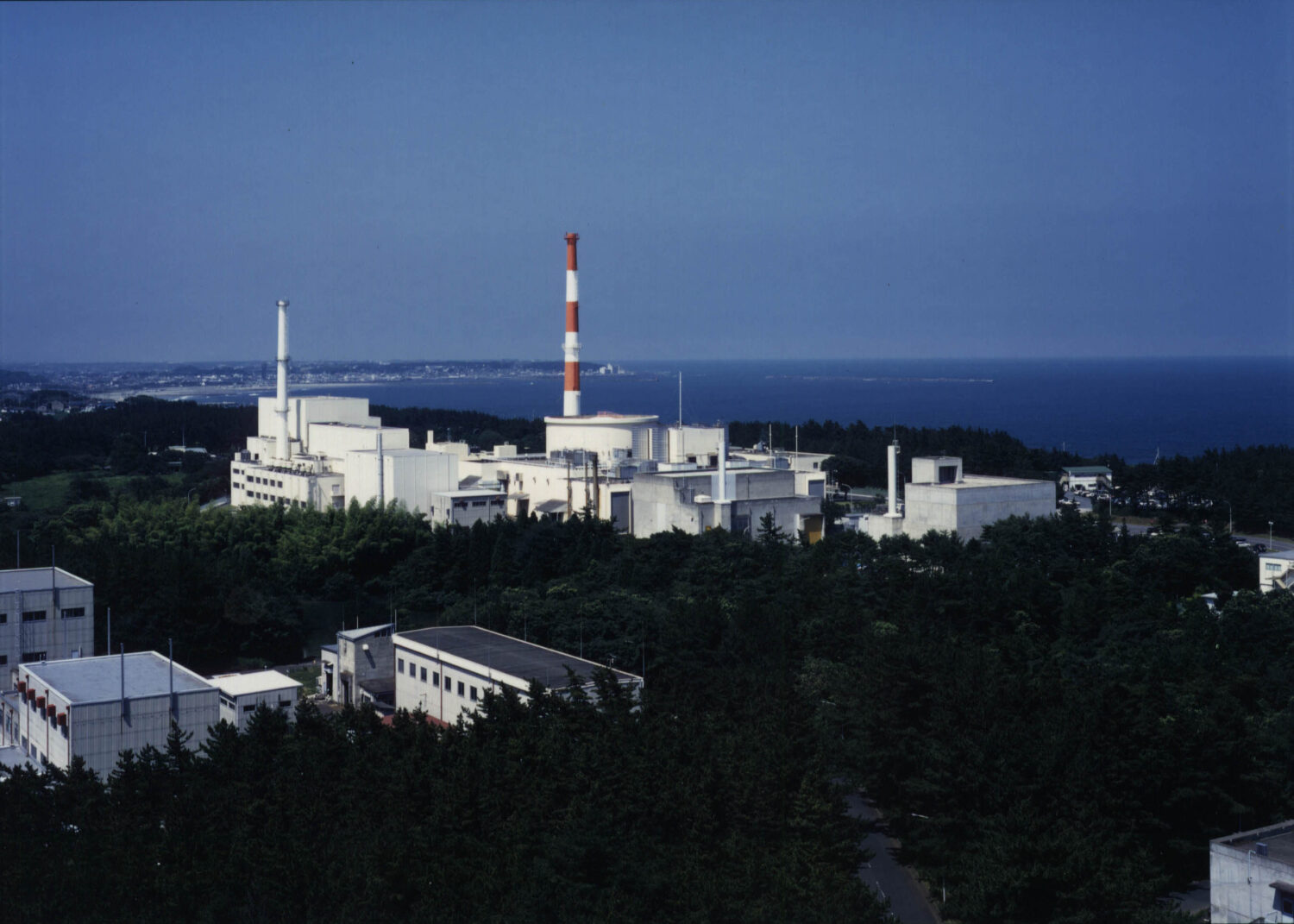
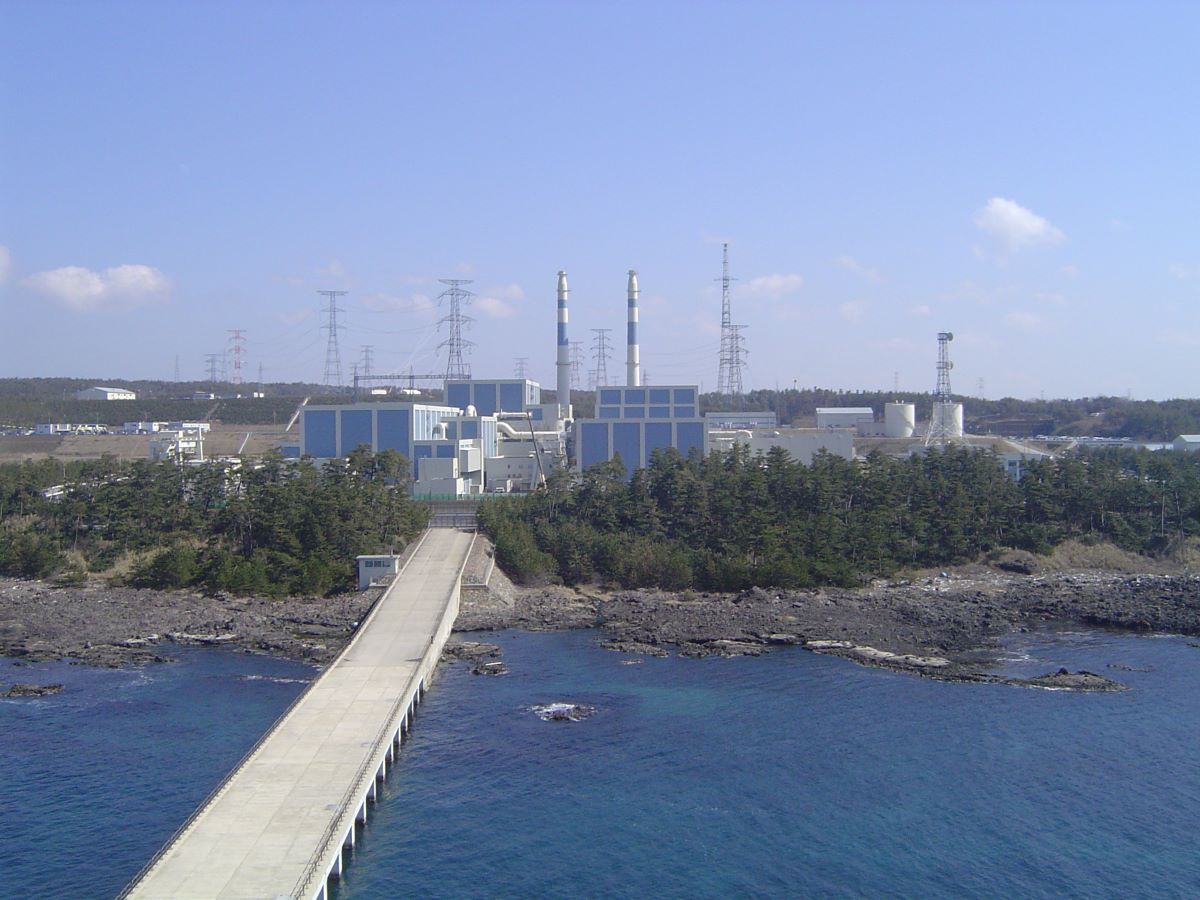
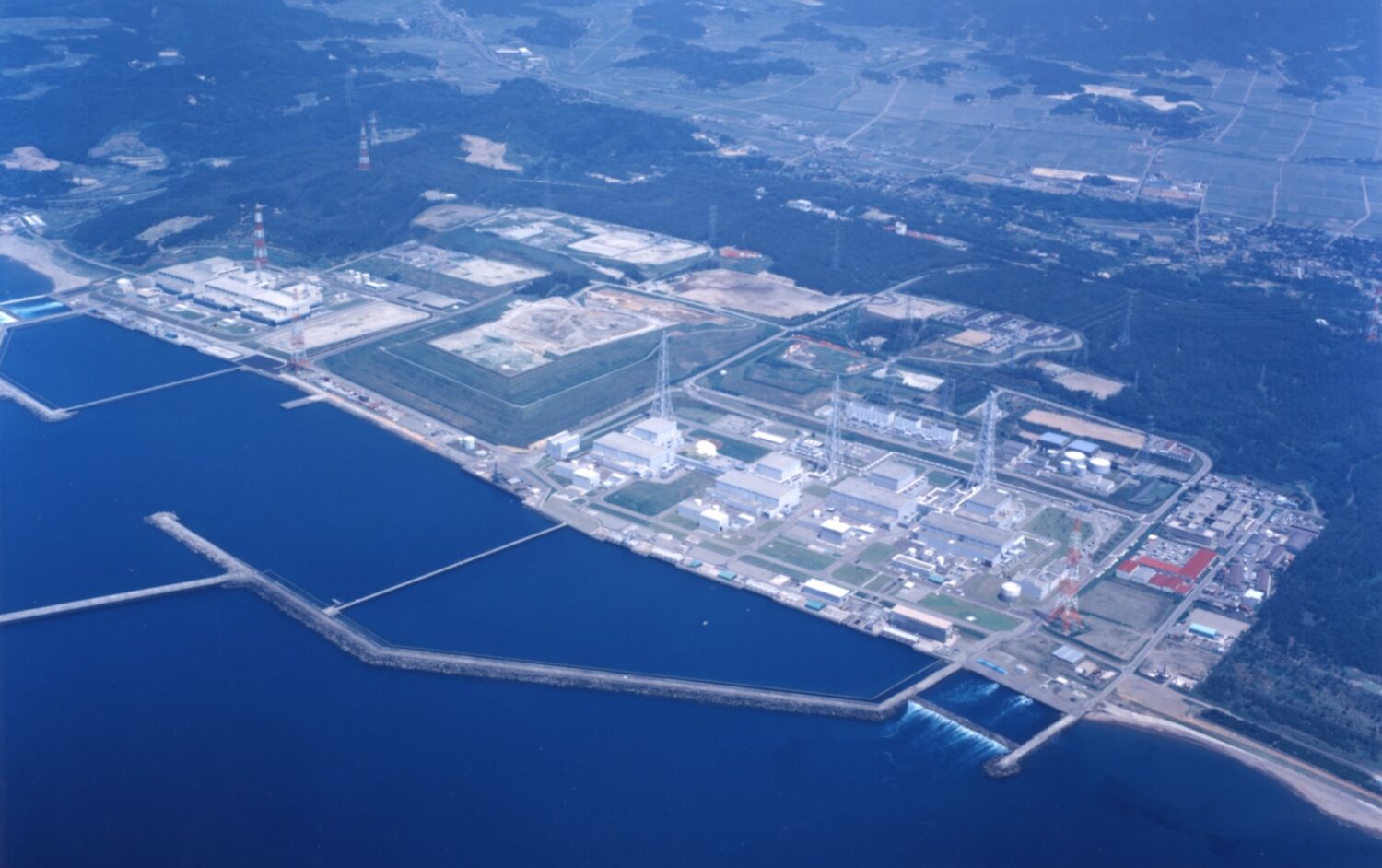
.jpg)
